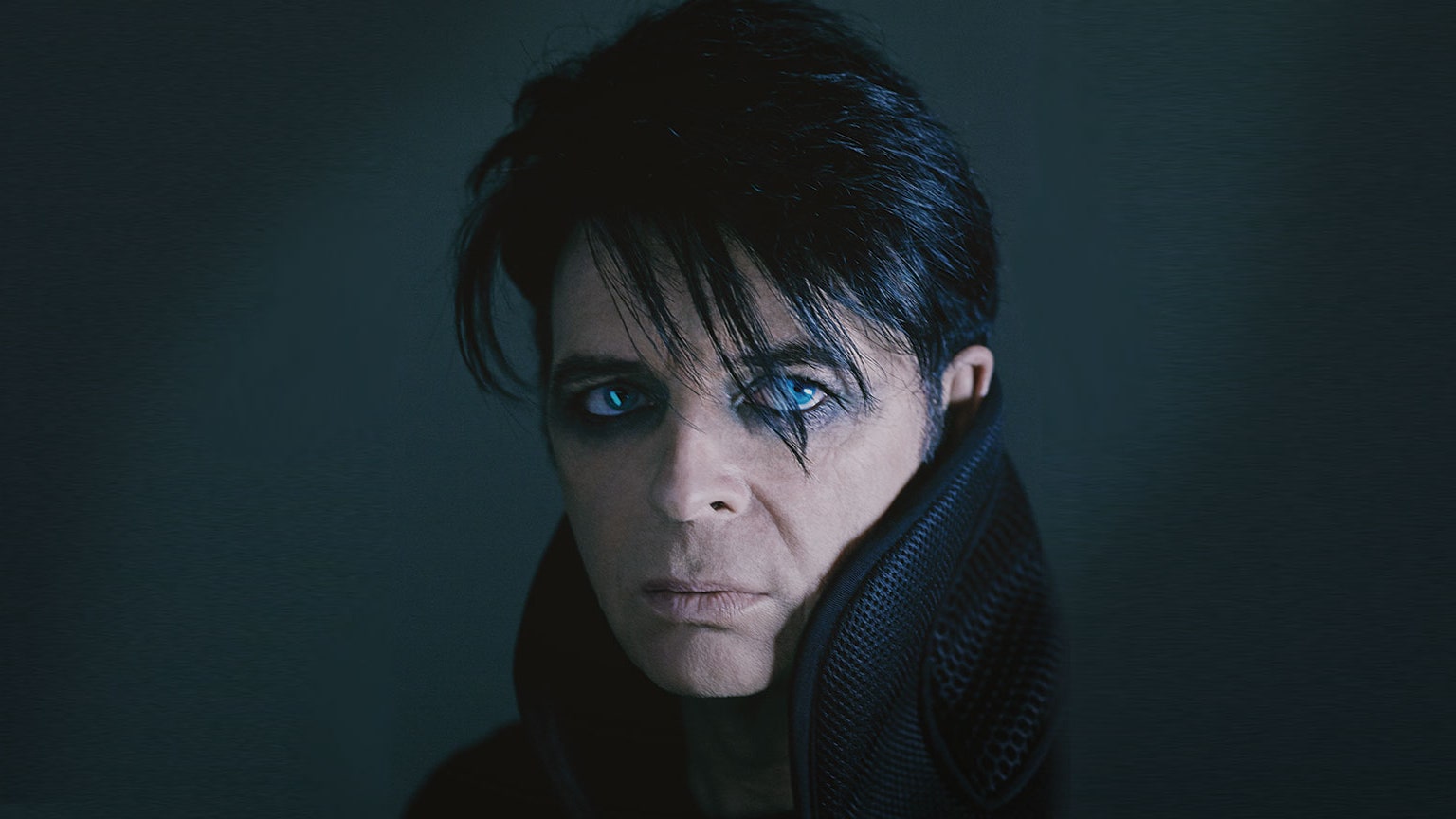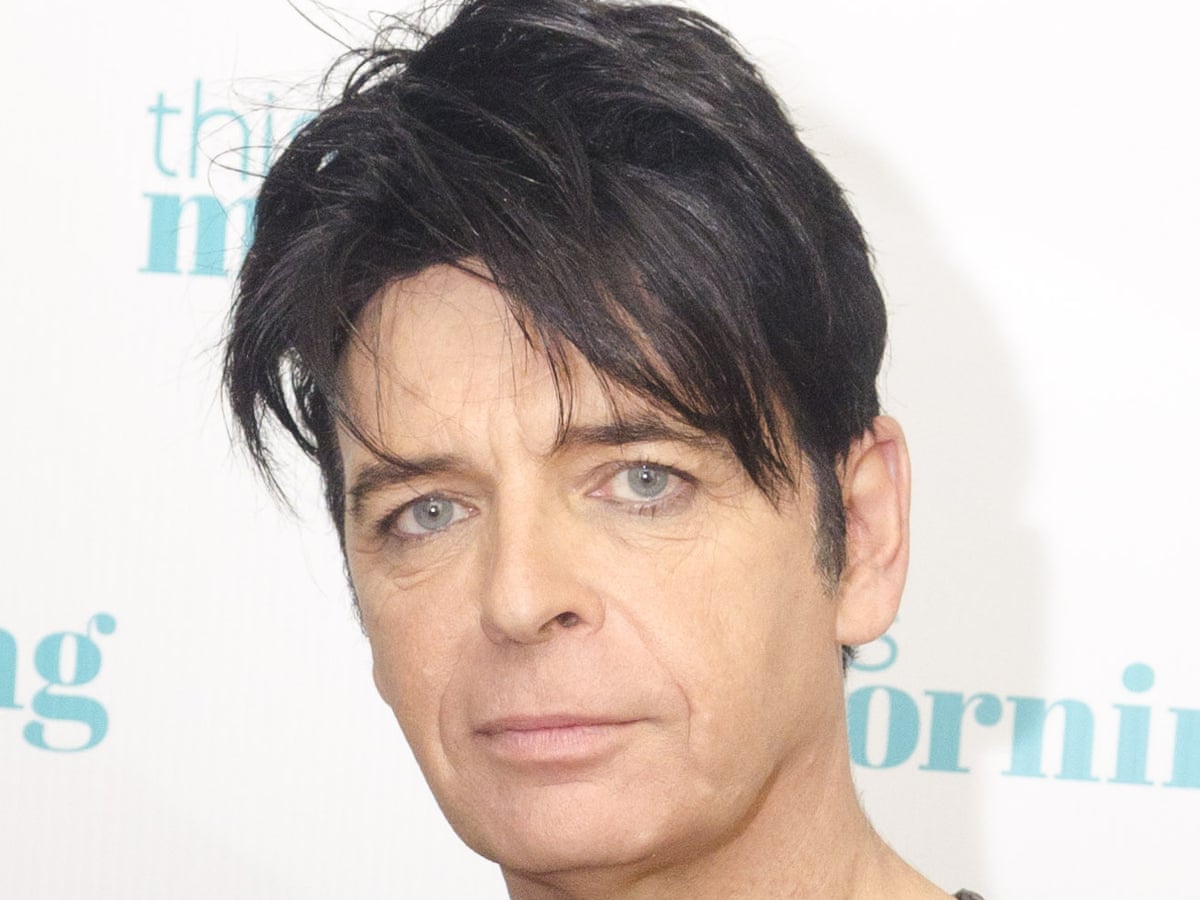
Gary Numan, born Gary Anthony James Webb on March 8, 1958, in Hammersmith, London, was destined for a remarkable musical journey. Raised in a working-class family, Numan's early life was a tapestry of modest beginnings and latent artistic passion. Intriguingly, his interest in music was sparked not by the conventional allure of guitars or drums, but by the alien sounds of synthesizers.
Numan's formative years saw him experimenting with various instruments, but it was the synthesizer that captivated his imagination. The familial support he received, coupled with his voracious appetite for electronic experimentation, laid the foundation for what would become a groundbreaking career in music.
Rise To Fame - The Tubeway Army Era
As the 1970s unfolded, Numan's musical pursuits crystallized with the formation of Tubeway Army. This phase marked a pivotal moment in his career, as the band's eponymous debut album, released in 1978, launched Numan into the stratosphere of fame. The electrifying success of the single "Are 'Friends' Electric?" and the dystopian anthem "Cars" not only dominated the charts but also solidified Numan's reputation as a trailblazing force in electronic music.
However, fame brought its own set of challenges. Numan grappled with the pressures of sudden stardom, and critics questioned the sustainability of his unique sound. Nevertheless, his resilience and artistic vision prevailed, setting the stage for a synth-pop revolution.
Signature Sound - The Synth-Pop Pioneer
Gary Numan's contribution to music lies not just in his chart-topping hits but in the profound influence he wielded over the sonic landscape of the late 20th century. His signature sound, characterized by icy synths, robotic beats, and futuristic themes, marked him as a pioneer of synth-pop. Numan's ability to weave a dystopian narrative into catchy, accessible tunes redefined the possibilities of electronic music.
His influence extended beyond genre boundaries, with artists from diverse backgrounds acknowledging the impact of Numan's sonic innovations. The marriage of cold, electronic precision with emotive vocals became a blueprint for generations of musicians to come.
Album Spotlight - Key Releases In Numan's Career
Numan's discography is a tapestry of sonic evolution, each album representing a distinct phase of his artistic journey. "Replicas" (1979) and "The Pleasure Principle" (1979) showcased Numan's ability to craft immersive, otherworldly soundscapes. The latter, featuring the iconic "Cars," remains a touchstone in the synth-pop canon.
The 80s witnessed Numan exploring darker, more experimental terrain with albums like "Telekon" (1980) and "Dance" (1981). His ventures into industrial and gothic influences demonstrated a fearless commitment to pushing musical boundaries.
Influence And Legacy - Numan's Impact On Music
Gary Numan's influence reverberates through the corridors of contemporary music. Artists as diverse as Nine Inch Nails, Depeche Mode, and Lady Gaga acknowledge his impact on their work. Numan's daring fusion of electronic elements with emotional depth paved the way for the electronic pop renaissance of the 80s and continues to inspire modern musicians navigating the digital landscape.
His visionary approach to music production, stage presence, and lyrical themes set a precedent for the integration of technology and emotion in music, creating a legacy that transcends the confines of a single genre.
Challenges And Comebacks - Numan's Musical Journey
Numan's journey was not without its share of challenges. The 80s saw a dip in his commercial fortunes, with changing musical tastes and personal struggles impacting his career. Yet, Numan's resilience shone through in the 90s, marked by a series of artistic reinventions.
Albums like "Sacrifice" (1994) and "Pure" (2000) demonstrated Numan's adaptability, as he embraced industrial and darkwave influences. These periods of reinvention showcased an artist unafraid to evolve, solidifying his status as more than a relic of the past but a perpetual innovator.
The Live Experience - Numan's Concerts And Tours
A Gary Numan concert is not merely a performance; it's an immersive journey into the heart of synth-pop's pulsating core. From the early days of Tubeway Army to the present, Numan's live shows are a testament to his enduring stage presence and commitment to delivering a sonic spectacle.
Memorable concerts, such as the "Farewell Tour" in the 80s and the triumphant return with the "Machine Music Tour" in 2012, stand as milestones in his live repertoire. The fusion of atmospheric lighting, futuristic stage setups, and Numan's unmistakable vocals creates an unparalleled experience for fans, old and new.
Conclusion
Gary Numan's journey from a synth-loving teenager to an iconic figure in the annals of electronic music is nothing short of extraordinary. His ability to embrace the future while staying true to his artistic vision has solidified his status as a trailblazer.
As we reflect on Numan's early years, the Tubeway Army era, his signature synth-pop sound, key albums, lasting influence, challenges, and electrifying live performances, it becomes evident that his legacy is not confined to a specific era or genre. Gary Numan is a sonic architect, forever weaving the fabric of electronic music's evolution and inspiring generations to come. In the ever-changing landscape of the music industry, Numan remains a guiding light, reminding us that true artistry knows no boundaries.
